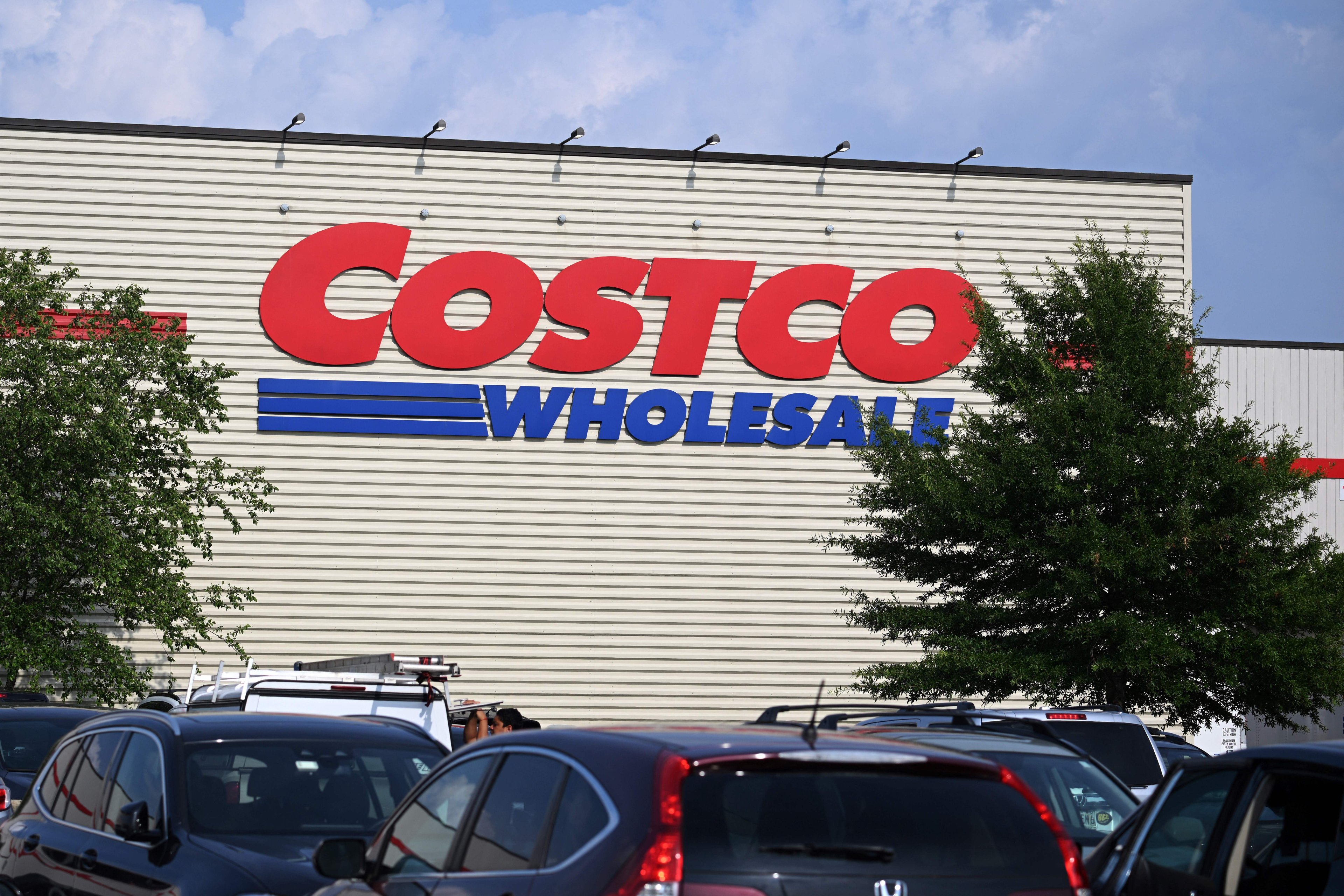Since 2020, shares of Costco Wholesale (COST +0.72%) have risen by 230%. It has been one of the best retail stocks to own in recent years. The business has proven to be incredibly versatile, growing under a myriad of circumstances and economic conditions. Whether they love the treasure hunt experience or saving by buying items in bulk, consumers don't appear to be running out of reasons to go to their local Costco, at least not yet.
But just because a business is good doesn't mean that the stock is a good buy at any price. Valuation matters, and if you ignore it, you could set yourself up for disappointing returns in the future. And lately, it appears that shares of Costco have been losing steam, perhaps due to its inflated valuation. Has the stock finally hit a peak?

Image source: Getty Images.
Costco's valuation is monstrous
When a stock is rising rapidly in value, it's inevitable that its valuation will get out of control. And with a market cap of $430 billion, Costco is no exception. The stock is now trading at a trailing price-to-earnings multiple of 55. The S&P 500 average is just 25. Costco's stock has been at elevated levels for some time, and investors, for the most part, have been willing to pay a premium to own a piece of the business.
But over the past six months, Costco's stock has declined by about 8%. It could be the stock hitting more than $1,000 earlier this year that finally made investors think twice about Costco's valuation. However, there's clearly been less excitement around the business of late.
Could the stock be due for a correction?
Costco's business is continuing to grow, but whether it's growing fast enough to justify its steep valuation is the big question. For the month of July, the company's comparable sales growth topped 6%. That's a decent single-digit growth rate you might expect from a large retailer. And it's particularly impressive at a time when there's a pullback on discretionary spending due to challenging macroeconomic conditions. But that's arguably not the growth rate you'd expect from a stock that's trading at such a high premium.
The risk is that if there's a slowdown in the economy this year due to tariffs, that could result in more tepid growth from Costco, which may put significant pressure on its high-priced stock. While there has been a bit of a decline in recent months, the stock's valuation remains incredibly high with respect to earnings, and there may be much more room for the retail stock to fall in the future.

NASDAQ: COST
Key Data Points
Why I'd avoid Costco stock right now
Costco has a fantastic business, but it's dangerous to fall in love with a stock because of the company without worrying about valuation and underlying fundamentals. I think that's what investors have done, and that's why the stock has such a grossly inflated valuation.
Shares of Costco have started to slide in recent months, which could be an early sign that investors are growing apprehensive about it and that it may have indeed reached a peak, at least for the foreseeable future. The company sells day-to-day necessities and groceries, but discretionary spending is a big part of its business. The economy is still in the early stages of dealing with the effects of tariffs, and as costs rise and budgets need tightening, consumers could cut back on Costco trips.
And that could be a big problem because at such a high valuation, investors are effectively expecting Costco to continue to do well in the face of virtually any kind of adversity. I wouldn't count on that happening, and that's why I'd hold off on investing in Costco, as it has a long way to fall if its performance falls short of expectations.





